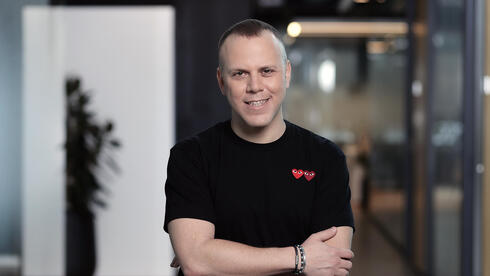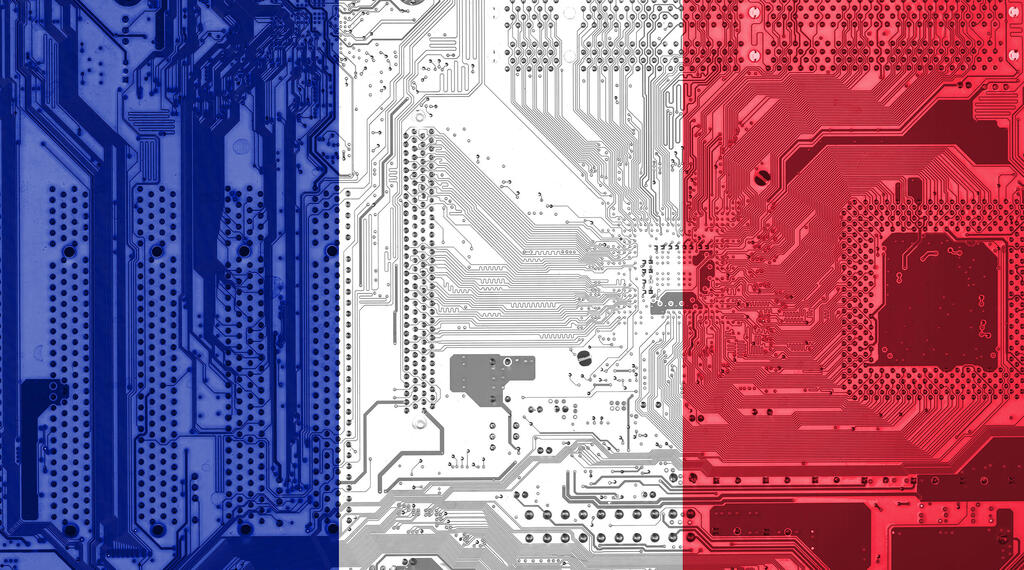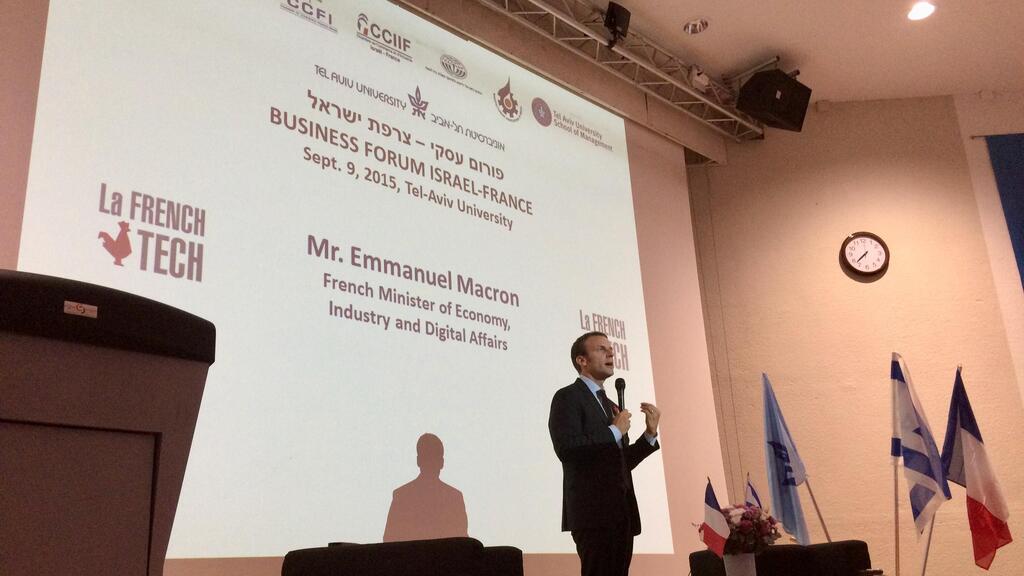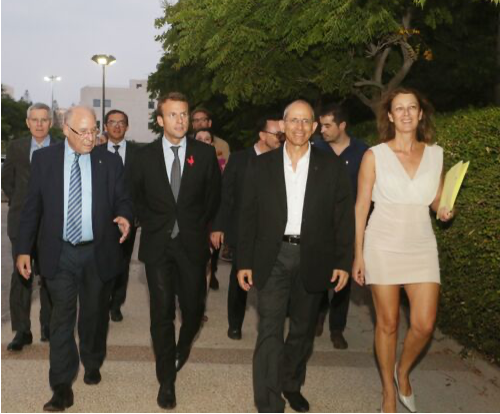
French New (tech) Wave: The country’s foray into high-tech is cementing Macron’s legacy
France has been making an active effort to copy Israel’s Startup Nation - and shows no signs of surrendering just yet.
In February 2025, world leaders gathered in Paris for the AI Action Summit. More than 1,000 participants from over 100 countries met at the Grand Palais, made up of government leaders, international organizations, the academic and research community, the private sector, and civil society.
For French President Emannuel Macron, the event was the latest step in efforts to solidify the country as an AI and tech leader in Europe. The moment was more than a decade in the making. As for the location? None other than the Grand Palais - traditionally used for the Chanel fashion show, its shift to a tech venue may represent something more about where France wants to be - at least in the eyes of the world.
“I would say it belongs to the French character, at least at the national level, this idea of prestige,” said Julien Roitman, Executive Chairman at the Israel-France Chamber of Commerce and Industry (CCIIF). “Even if you don't have a major part in an event, having it at your place makes you happy.”
France’s transformation into a ‘major part’ of Europe’s tech scene is well underway. Efforts began in 2015 when Macron, as then-Economy Minister, founded La French Tech, a government-backed initiative providing funding and support to startups to foster an innovation-driven ecosystem. There’s also Station F, the ‘world’s largest startup facility’ opened in 2017 to provide office accommodation for up to 1,000 startup and early stage businesses - as well as for corporate partners such as Facebook and Microsoft.
After taking office, he was inspired by Israel’s Startup Nation and implemented policies that would try to mimic its success. Notably, he reformed the tech visa system to attract foreign entrepreneurs and investors, created a €5 billion late-stage investment fund managed by Bpifrance to act similarly to the Israeli Innovation Authority, and began hosting high-profile summits.
“In terms of investment, there was a Macron effect,” said Anne Baer, CEO at iKare Innovation, which operates as a gateway into Israeli tech for global opportunities. As a former diplomat for the French embassy and innovation attaché, she established 49 partnerships between French and Israeli startups under the EU and worked directly with Macron when he visited Israel in 2015. “He came with a very tech-oriented agenda… He wanted to give confidence to the French entrepreneur. And a way to bring them confidence is to bring them to the very refreshing world of innovation.”
According to Baer, Macron understood that connecting ‘old style’ entrepreneurs with young students will help boost innovation and create new jobs. “This is exactly what he did with a lot of energy. It was his focus.”
Fast-forward to 2024, and French startups recorded securing €10.8 billion ($12.3 billion), accounting for 14.5% of Europe's total venture capital. Prominent sectors include transportation, AI, and fintech that can boast successful startups such as Mistral AI, backed by Lightspeed Ventures and Andreessen Horowitz, and business planning platform Pigment, which earned unicorn status in 2024 - bringing its total to more than 30, up from a handful just four years ago.
It’s clear les fruits of his labor paid off: According to StartupBlink, Paris was ranked eighth in its 2025 ecosystem report, up from 11th place in 2021 and now above Israel’s own Tel Aviv. The French capital rates higher than any other in the region, sitting in the top 20 with only one other European city (Berlin at 14th place). It is considered by many as a legitimate player within the European tech scene, competing with the UK and Germany for the top spot.
This June, Paris will be host to yet another occasion: VivaTech. Labelled as Europe’s biggest startup and tech event, the conference brings more than 165,000 attendees, 13,500 startups, 350 companies, and more than 400 global speakers to the city to share insights and inspiration. Previous participants include Meta’s Marck Zuckerberg, Apple’s Tim Cook, Alibaba’s Jack Ma, and SpaceX, Tesla, and X’s Elon Musk.
2025 will see Paris welcome NVIDIA co-founder and CEO Jensen Huang, Verizon Chairman and CEO Hans Vestberg, and Google Ventures’ Frederique Dame, each of whom represent the ‘old’ and ‘new’ style entrepreneur and business leader first identified by Macron almost a decade ago.
“It’s become that in June you have to be in Paris,” Baer concluded. “When you have the head of Meta, when you have the head of Apple or Microsoft, you come to Paris. This is not thanks to a private company. It's thanks to political leadership.”


















